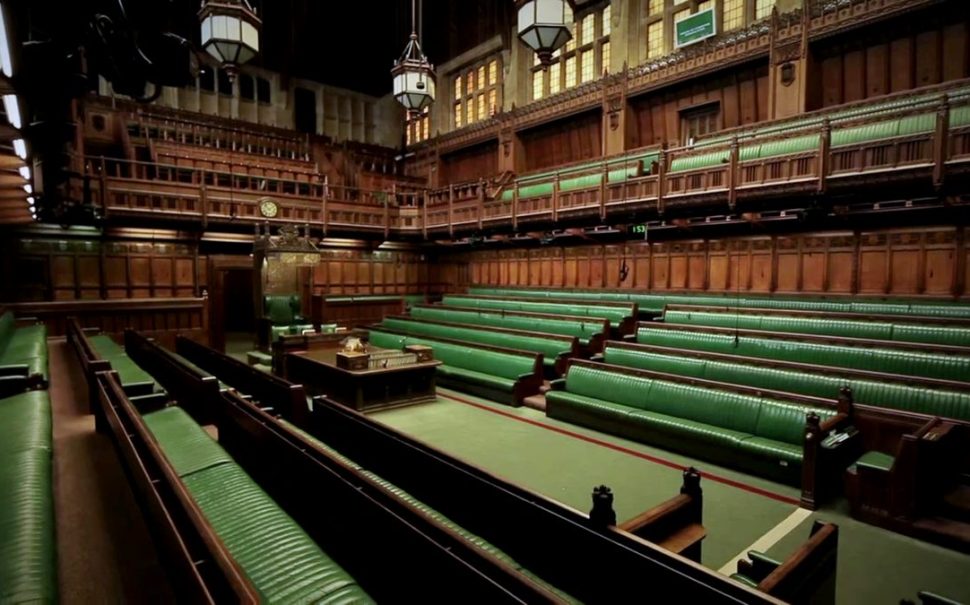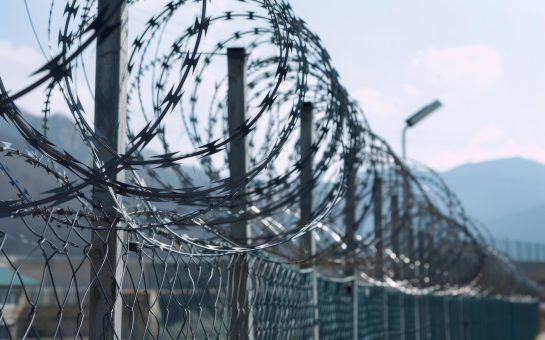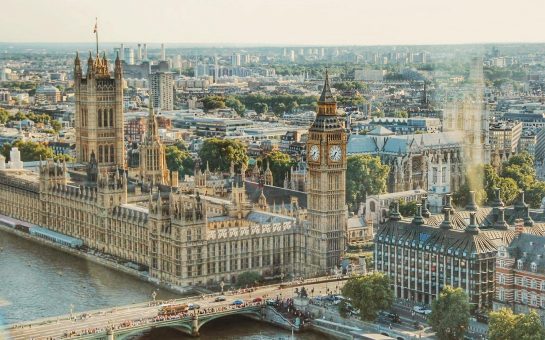There are growing concerns that the new Bill of Rights presented by Deputy Prime Minister Dominic Raab to parliament last Wednesday has a hidden agenda.
The new bill has been seen as the government’s way of removing the Human Rights Act (HRA) 1998, hidden under claims of strengthened freedom of speech, greater rights for journalists and protection of their sources’ identity.
Whilst the bill is in its first draft, many have questioned the reasoning for such a bill being introduced and the ambiguity in the wording of several clauses, including the duplication of ‘Freedom of expression’.
Professor Paul Wragg, professor of media law at the University of Leeds said: “This idea that a court must give great weight to the importance of protecting the right to free speech, that sounds brilliant, that sounds like it could have greater impact that will extend across a range of different opportunities to speak.
“Except almost in the very same breath, the following provisions of that same clause, then seek to limit the circumstances in which this new obligation if it can be caused, will operate.”
The bill has been seen as a continuation of an emerging pattern, where the government has created or edited new legislation whenever an existing one was breached.
Examples include the Prime Minister rewriting the Ministerial Code after breaking Covid lockdown rules, and the new clauses against the rulings of the European Court of Human Rights (ECtHR) on the paused Rwandan flights.
Raab, who is also Secretary of State for Justice and Lord Chancellor, has long been an advocate for removing the HRA which would be replaced by the new bill.
Arguments for the removal of the act include: how it would prevent new court claims, would restore ministerial veto over the release of criminals, as well as ensure that the UK would be free from the EU and not bound by rulings by European courts.
The ruling on the Rwandan deportation of refugees showed the power of the Strasbourg based court which it deemed a violation of human rights.
Given current legislation, the government had little option but to comply with their decision.
As such the new bill has been viewed as a push back to the court, where UK courts would no longer be subject to the European Convention on Human Rights (ECHR), and elected lawmakers would be given greater weight in law.
Whilst it does not state that the rulings of the court are to be dismissed entirely, article 24 could open up further debates on interactions with international bodies.
Why is the Human Rights Act 1998 (HRA) so significant?
The act sets out the fundamental rights and freedoms that everyone in the UK is entitled to, including against public authorities such as the police in domestic courts.
Fundamentally it provides further effects to the rights and freedoms guaranteed under the ECHR ensuring increased access to justice in the country for all.
As described by Amnesty International, the convention signed in 1949, was “developed to ensure that governments would never again be allowed to dehumanise and abuse people’s rights with impunity, and to help fulfil the promise of ‘never again’.”
Before the HRA, the only way UK citizens could bring a legal challenge relying on their rights under the ECHR was to go to the ECtHR, which could be a lengthy and expensive process.
The UK became a signatory of the convention in 1958, with Article 10 ‘Freedom of expression’ in both the HRA and ECHR being significant for journalists in regards to their reporting.
Why is freedom of expression and free speech important?
Freedom of expression grants the: “freedom to hold opinions and to receive and impart information and ideas without interference by public authority and regardless of frontiers.”
Guy Toyn of Court News UK, one of the few remaining court news agencies in the country, said: “Freedom of expression was supposed to have protected people, for example, when they breach privacy rule, the regulations on the European law, incorporated into British law under the Human Rights Act.
“But the reality is that’s never really happened.”
The current system supports the rights of the public and press, and prevents a centralised executive power from having greater control with the separation of powers to parliament, the government and the UK judicial system.
Heather Rogers QC, a senior barrister who practices in media and information law for Doughty Street Chambers said: “When they announced this consultation, it was very much we really want to strengthen free speech, that was the headline message.
“But the underlying message was, except where it’s national security or except where something else is going on.
“If you really want to protect free speech, you put in a public interest defence to criminal offences.
“In particular, you put it into The National Security Bill, and its proposals to amend the Official Secrets Act 1989, which has been slightly side-lined.
“The government hasn’t done this because it knows that if it tries to amend it without a public interest defence, it is going to have so much hostility within parliament.
“It creates exceptions to the rights rather than protects its rights.”
By removing the powers of both the act and convention, the rights for the public and journalists become blurred, where the Supreme Court could now become the ultimate judicial authority on questions arising under domestic law in connection with the convention rights.
Professor Wragg said: “That’s worrying, because it means that injustices could occur and our ability to address these injustices are hampered.
“If a judge can’t hit the pause button, it means that a government, especially a bureaucratic government, could make mistakes.
“I think the attitude that we have in this country is a very troubling one, because we think it won’t apply to us, that’s what we fail to see.”
Another confusing clause is the limit on the court’s power to disclose journalistic sources, which would add an additional barrier to protect their identities.
The exceptions to disclosure are listed as: if in the interests of justice, the interests of national security, to prevent crime or disorder, or whether there are exceptional and compelling reasons why it is in the public interest.
Many are confused as to why this clause was spotlighted, given that there are few cases where journalists have successfully been ordered to reveal this.
The victory of the Chris Mullin case of March this year supports this argument, where he was able to protect the identity of a man who had confessed his role in the 1974 Birmingham pub bombings that killed 21 people.
West Midlands Police had applied under the Terrorism Act 2000 to require Mullin to hand over the data, but Mullin refused in exchange for information that would help acquit the six.
The judge ruled in favour that it was not in the public interest to share the information, which the bill now adds as a specific sub-clause.
Courts would also have to show evidence in the name of public interest that it supports the ECHR freedom of expression, therefore the bill simply sets out in writing what the current judicial system has already been doing.
Rogers said: “If the government really wanted to protect journalists’ sources better, they could have cut down the interest of justice exception.
“It has always been the difficult point for journalists, because it’s always been the widest.”
Additional clauses in the bill include:
- Prevent courts from placing new costly obligations on public authorities to actively protect someone’s human rights and limit the circumstances in which current obligations apply, for example, police forces having to notify gang members of threats towards them from other gangs.
- Prevent human rights from being used as a way to bring claims on overseas military operations once alternative options are provided by upcoming legislation.
- Support the government’s plans to increase the use of prison separation centres for extremists against legal challenges of ‘a right to socialise’.
The bill also reduces domestic protection afforded under the convention rights, including the Met Police effectively investigating reported crimes.
Significant treaties under the convention, such as article three which prevents torture, and the Good Friday Agreement which brought peace to Northern Ireland, could also be revoked.
Unfortunately if the bill was to be published, many believe that it would do more harm than good, or not have any significant outcome, rendering the clauses impractical.
Toyn said: “You’re never going to really have good understanding of exactly how it works until basically, it’s tested by the court.”
The timing of the bill also brings scepticism, possibly as preparation for the next general election at a time when public confidence in the government has been waning.
The bill is currently in the second reading at the time of publication.
Featured image credit: UK Parliament via Wikimedia Commons under CC BY 3.0 license





